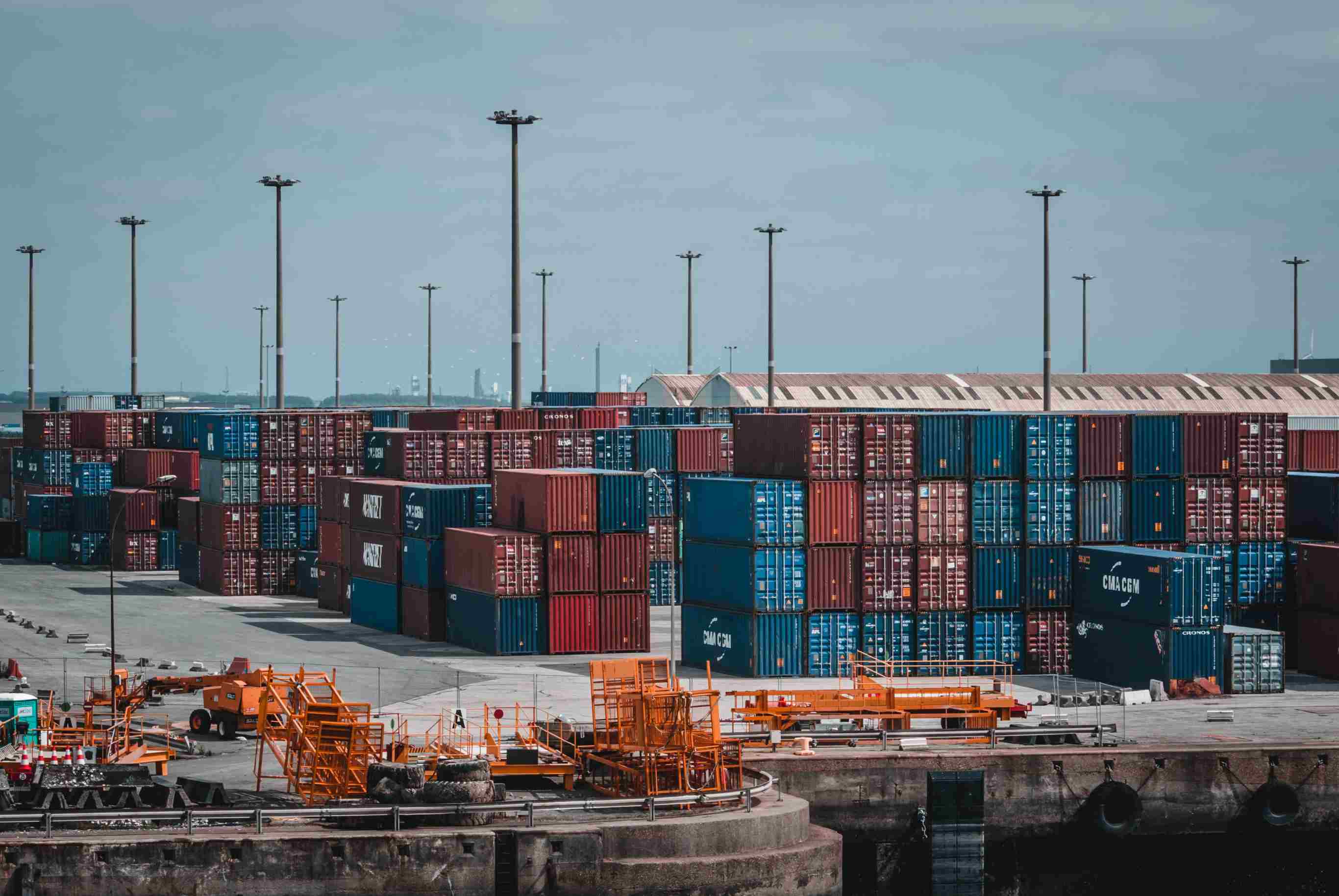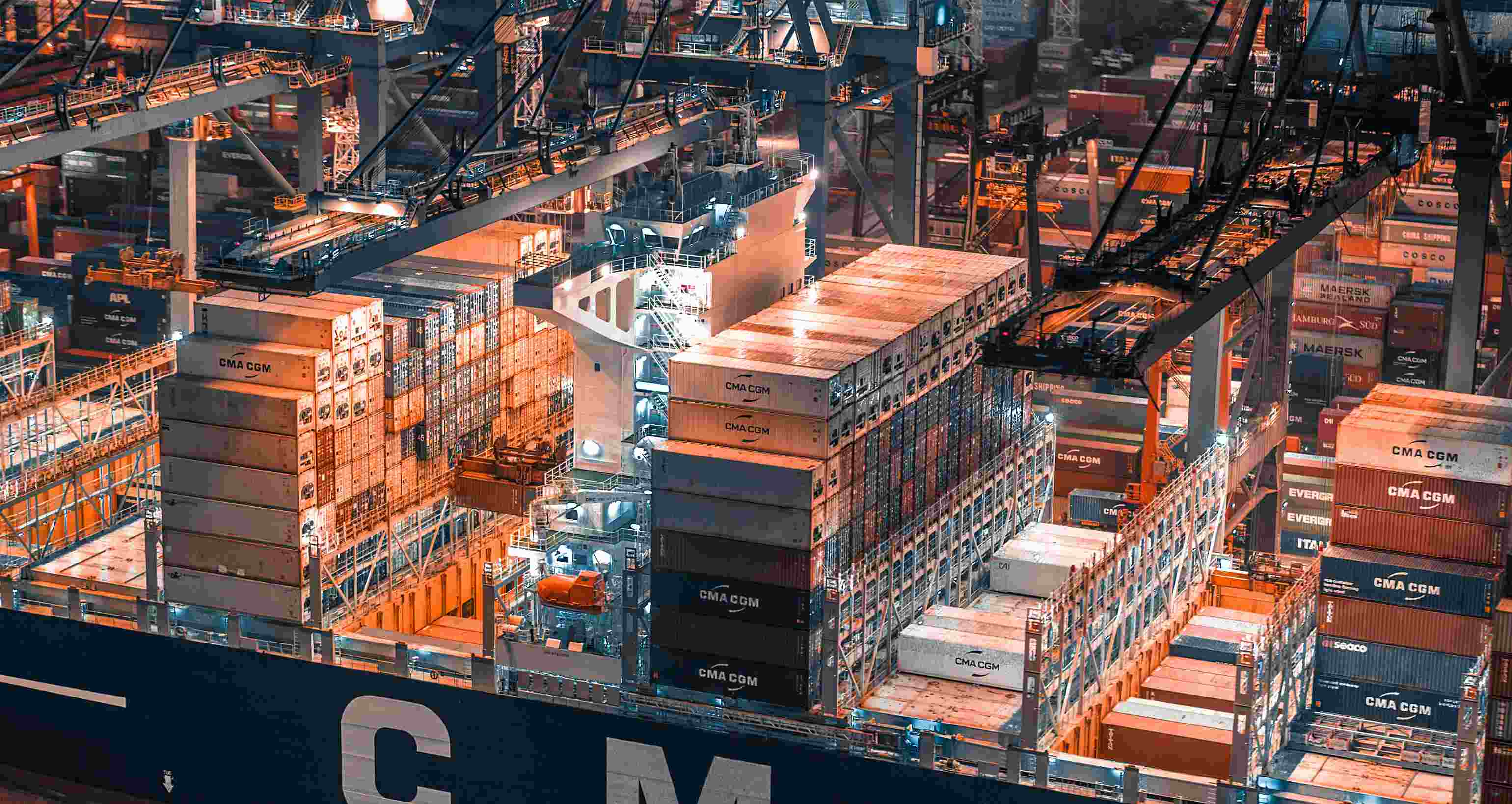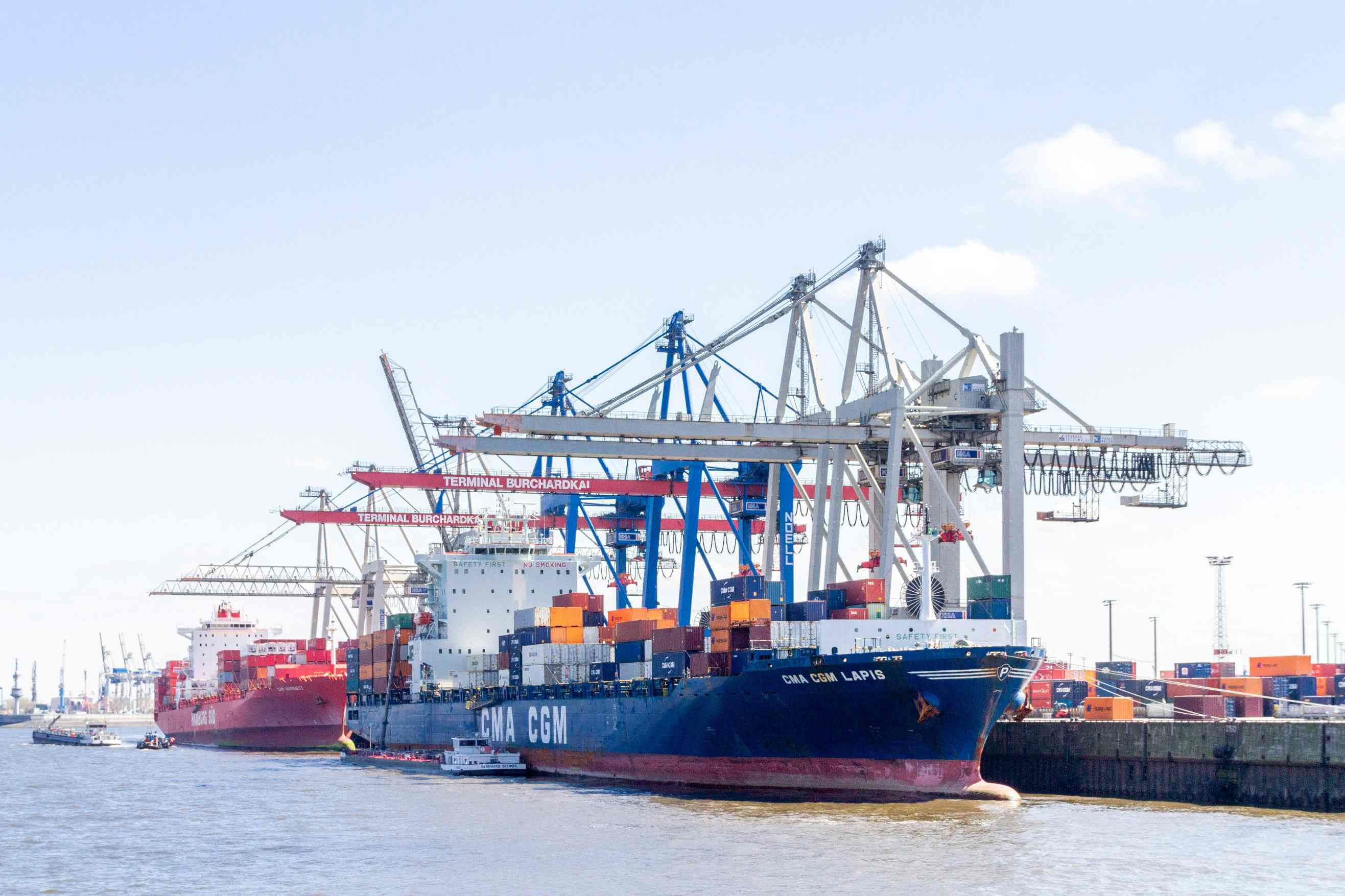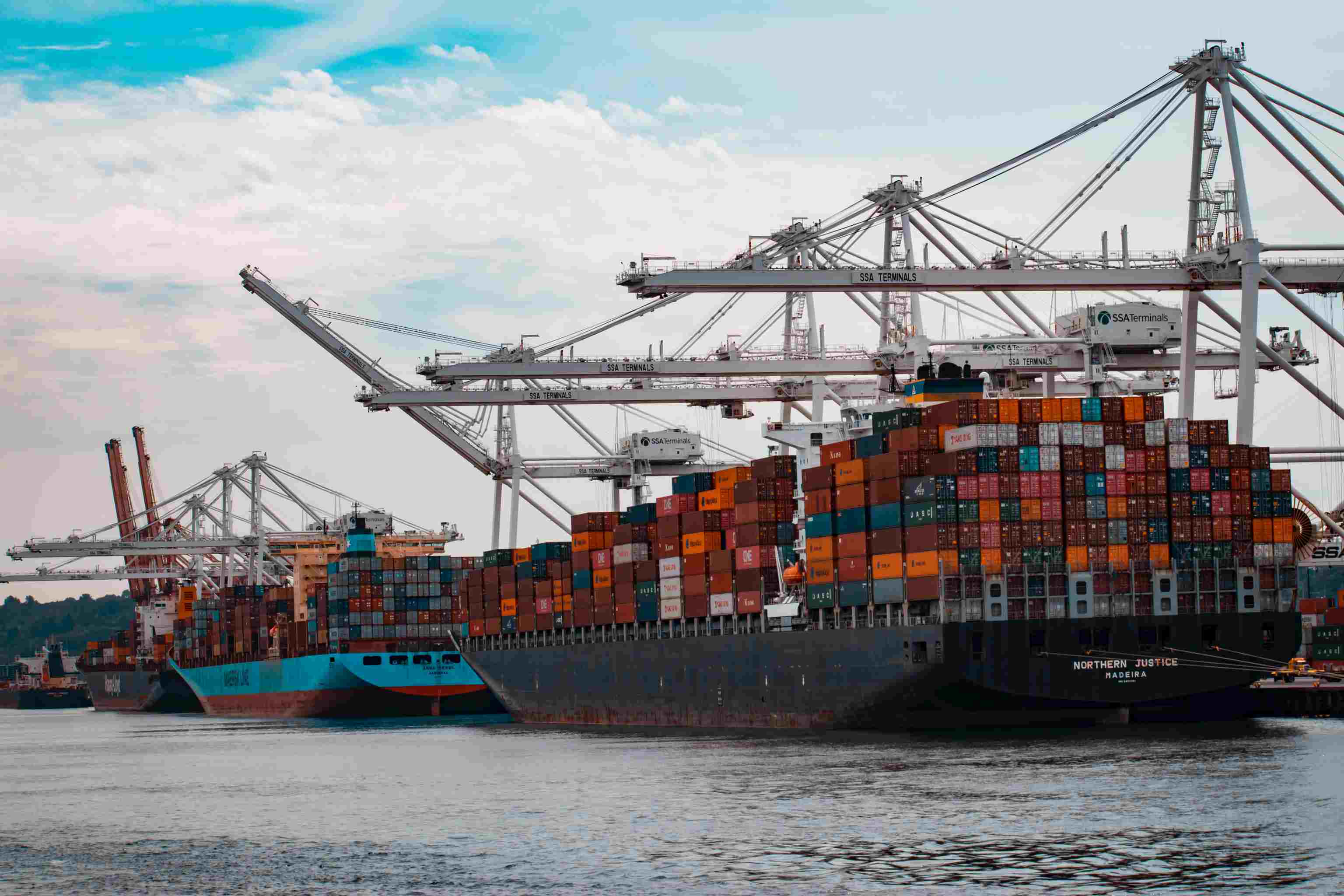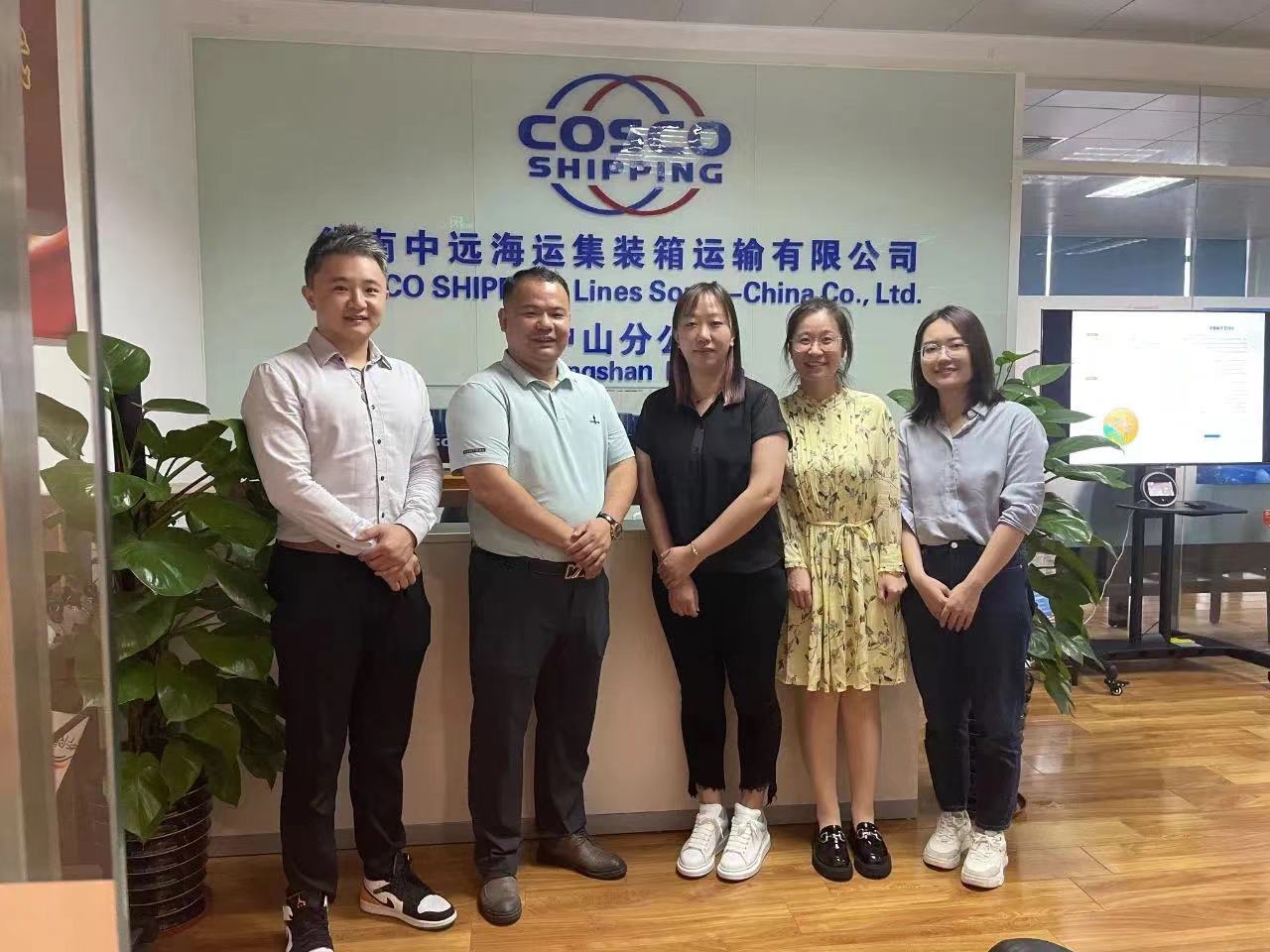Best Practices for Managing Transport Logistics in China to Poland
Transporting goods from China to Poland is a cornerstone of international trade and a vital link in the global supply chain. With increasing demand for efficient, cost-effective, and reliable logistics, businesses must adopt best practices to streamline operations and ensure smooth delivery. This guide outlines essential strategies for managing transport logistics in China to Poland to help freight solution buyers optimize their processes.
Understanding the Logistics Landscape
Before diving into best practices, it is crucial to grasp the logistics landscape between China and Poland. This route is integral to the Belt and Road Initiative, connecting Asia and Europe via rail, sea, and air freight. Key hubs like Shanghai, Shenzhen, and Qingdao in China and Gdańsk, Warsaw, and Poznań in Poland facilitate the movement of goods efficiently.
The choice of transportation mode—whether rail freight for speed, sea freight for cost-efficiency, or air freight for urgent deliveries—depends on your shipment’s nature, budget, and timeline. Proper planning and understanding of these modes is the foundation of successful logistics management.
Best Practices for Efficient Transport Logistics
1. Partner with Reliable Freight Agents
Choosing a professional freight agent with expertise in transport logistics in China to Poland is essential. A reliable partner can:
- Provide end-to-end support, including customs clearance and documentation.
- Offer access to an extensive network of carriers and routes.
- Ensure compliance with international shipping regulations.
- Freight agents with a strong track record can significantly reduce delays and costs.
2. Leverage Technology for Visibility
Technology plays a pivotal role in modern logistics. Implementing advanced tracking systems and digital platforms allows you to monitor your shipments in real-time. Benefits include:
- Enhanced transparency throughout the supply chain.
- Immediate updates on delays or disruptions.
- Data analytics for improving future shipments.
- Tools like Transportation Management Systems (TMS) can integrate scheduling, tracking, and analytics for seamless operations.
3. Optimize Route Planning
Efficient route planning is key to reducing transit times and costs. Consider the following:
- Rail Freight: An ideal option for balancing speed and cost, especially for bulky goods. Rail routes, such as the China-Europe Railway Express, connect major Chinese cities directly to Poland.
- Sea Freight: Best for large shipments with less urgency. Ports like Gdańsk and Qingdao are common points of entry and departure.
- Air Freight: Suitable for high-value or time-sensitive items. Airports in Warsaw and Guangzhou handle significant air cargo volumes.
Partnering with a knowledgeable freight agent ensures optimal route selection tailored to your needs.
4. Understand Customs Procedures
Navigating customs can be a complex process, but thorough preparation minimizes potential delays. Ensure:
- Accurate and complete documentation, including commercial invoices, packing lists, and bills of lading.
- Compliance with Polish and EU import regulations.
- Proper classification and valuation of goods to avoid disputes.
- Working with experienced freight agents familiar with both Chinese and Polish customs ensures a smoother clearance process.
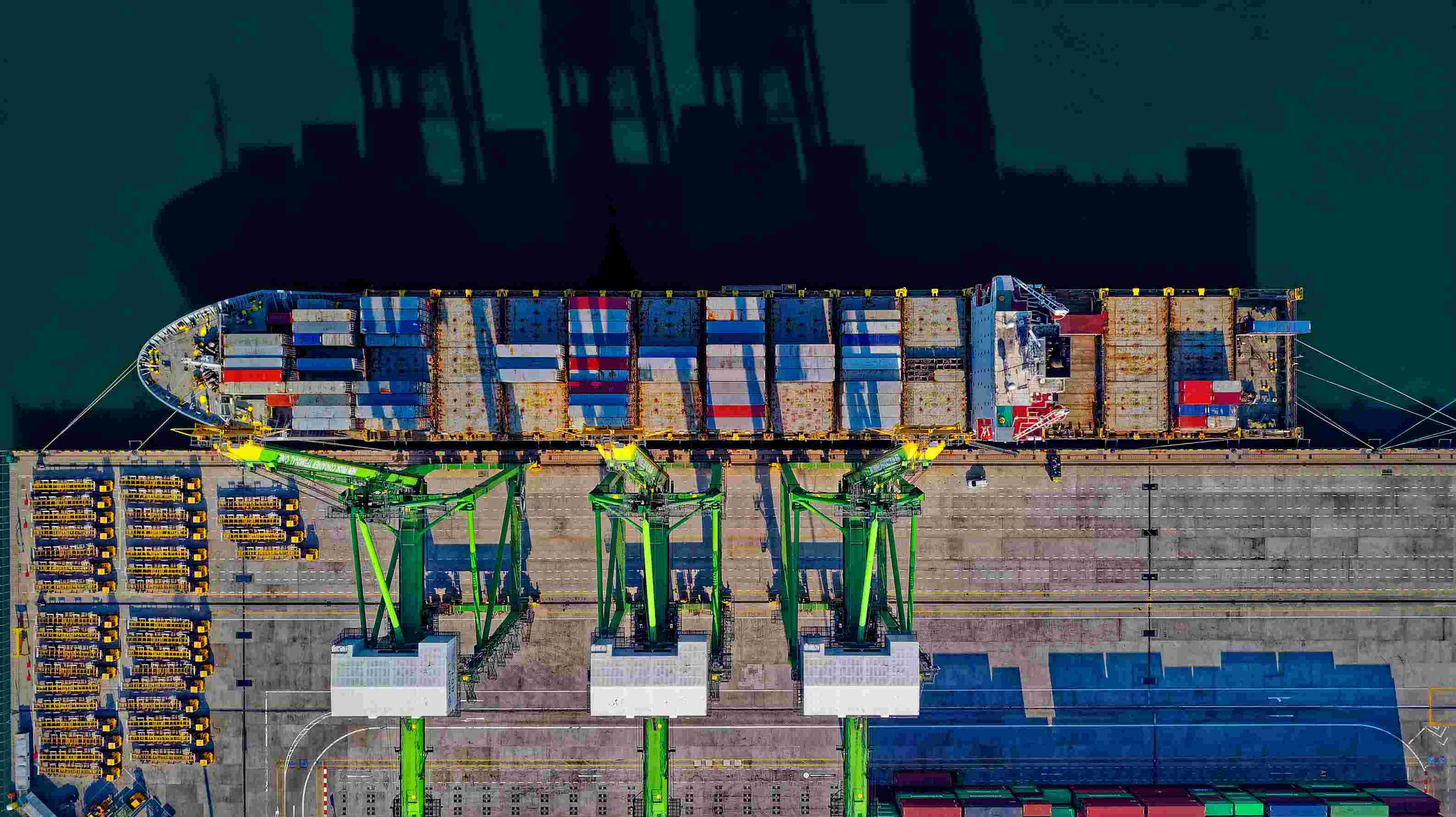
5. Focus on Cost Management
Controlling costs without compromising quality is a priority. Strategies include:
- Consolidating shipments to maximize container space.
- Negotiating competitive rates with carriers and freight agents.
- Leveraging bulk discounts or annual contracts for frequent shipments.
- Analyzing cost drivers and optimizing processes can yield significant savings over time.
6. Ensure Proper Packaging and Labeling
Well-packaged goods reduce the risk of damage during transit. Key tips include:
- Using sturdy materials and weather-resistant packaging.
- Labeling each shipment clearly with accurate addresses and handling instructions.
- Following international shipping standards for safety and compliance.
- Freight agents often provide guidance on packaging to meet carrier and regulatory requirements.
7. Plan for Risk Management
Unforeseen disruptions, such as weather events or geopolitical issues, can impact logistics. Mitigate risks by:
- Insuring shipments to cover potential losses.
- Maintaining contingency plans, such as alternative routes or carriers.
- Staying informed about regional developments that may affect transit.
- Proactive risk management ensures business continuity even under challenging circumstances.
Advantages of Professional Freight Services
Outsourcing logistics to experienced freight agents offers several benefits:
- Expertise: Professionals handle the complexities of international shipping, from route selection to documentation.
- Efficiency: Streamlined processes and established networks minimize delays and costs.
- Scalability: Freight agents can accommodate growing shipment volumes as your business expands.
Partnering with a reputable freight service provider allows you to focus on core operations while ensuring reliable delivery.
Case Study: Successful Transport Logistics In China To Poland
Consider a medium-sized manufacturer exporting electronic components from Shenzhen to Warsaw. By collaborating with a professional freight agent, the company achieved:
- A 20% reduction in shipping costs through optimized route selection.
- Timely deliveries via rail freight, ensuring uninterrupted supply to Polish clients.
- Minimal customs delays due to meticulous documentation and compliance.
This case highlights the transformative impact of adopting best practices and leveraging expert support.
Conclusion
Efficiently managing transport logistics in China to Poland requires careful planning, reliable partnerships, and strategic decision-making. By implementing these best practices—from leveraging technology to optimizing costs—businesses can enhance their supply chain performance and drive inquiry conversions.
At Haiyuan, we specialize in providing tailored freight solutions to meet your unique needs. With extensive experience in China-to-Poland logistics, we ensure smooth and efficient operations for your business. Learn more about our services at www.szhyocean.com and discover how we can help you achieve your logistics goals.
